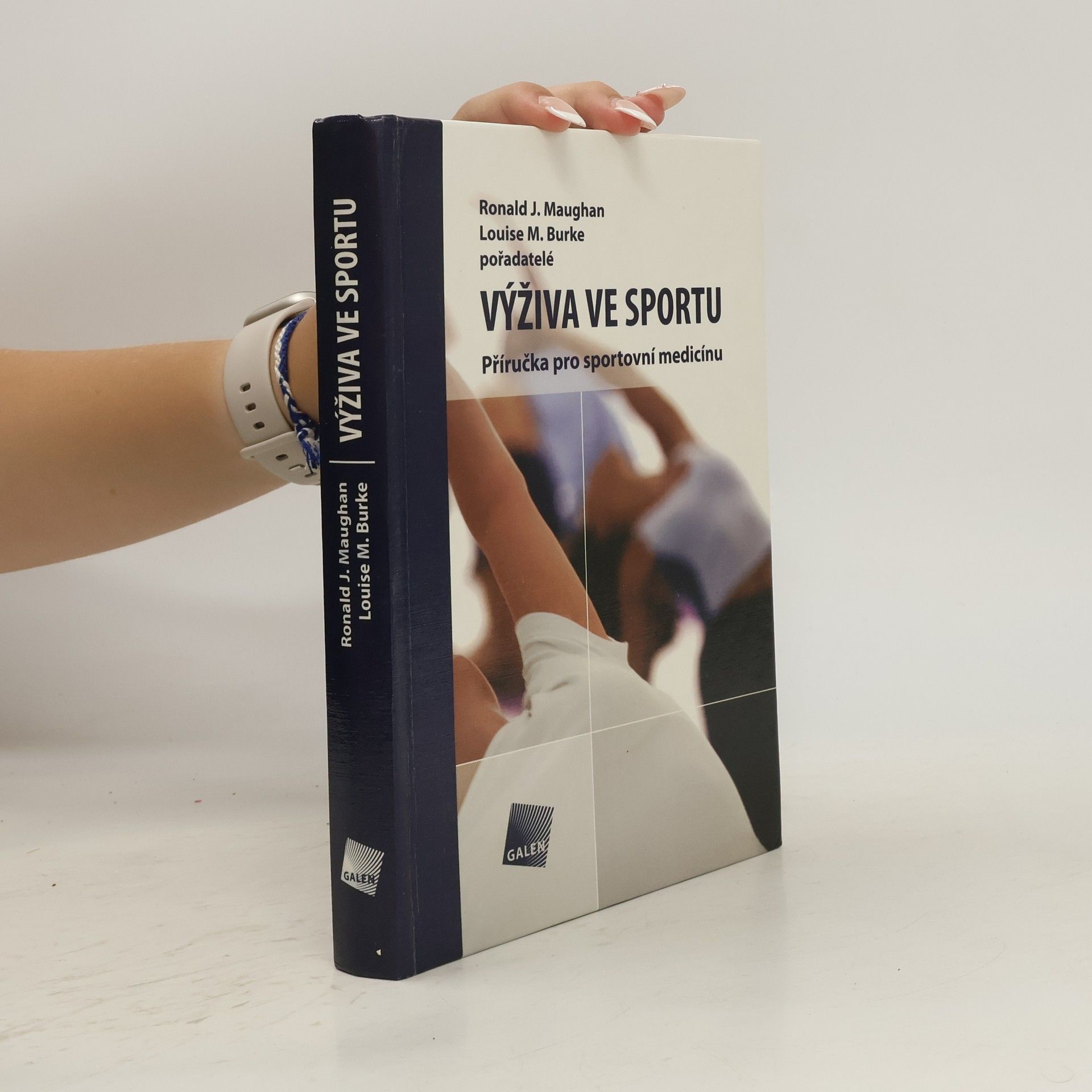Výživa ve sportu: Příručka pro sportovní medicínu
- 311 pages
- 11 hours of reading
Tato příručka pro sportovní výživu je věnována fyzické zátěži a sportu a vyplývajícím požadavkům na vhodný příjem potravy. Je rozdělena do tří částí. První se zabývá problematikou vztahující se k tréninku s cílem připravit sportovce tak, aby nastoupil na startovní čáru v co nejlepší formě. Každodenní strava musí sportovci zabezpečit energii a živiny potřebné k optimalizaci jeho výkonu během tréninku a poté k rychlé obnově sil. Druhá část věnovaná výživě při závodech se zabývá vlivy stravy, které vedou k únavě nebo snižují výkon při sportovní činnosti. Řada z nich má vztah k energetické bilanci a hydrataci sportovce. Postupy, které zabraňují narušení energetické a vodní rovnováhy sportovní aktivitou, mohou omezit nebo oddálit nástup únavy, a tak zlepšit podaný výkon. Tyto strategie lze uplatňovat před, během i po závodu. Závěrečná, třetí část představuje praktickou stránku výživy sportovců a zaměřuje se na způsoby, jak lze vědecké poznatky převést do způsobu stravování a sestavení jídelníčku. Obsahuje i některá z ožehavých témat současného sportu - změnu stavby těla nebo užívání doplňků výživy k optimalizaci výkonu. Zpracováno je rovněž téma specifických potřeb u různých skupin populace nebo v různých podmínkách prostředí.

